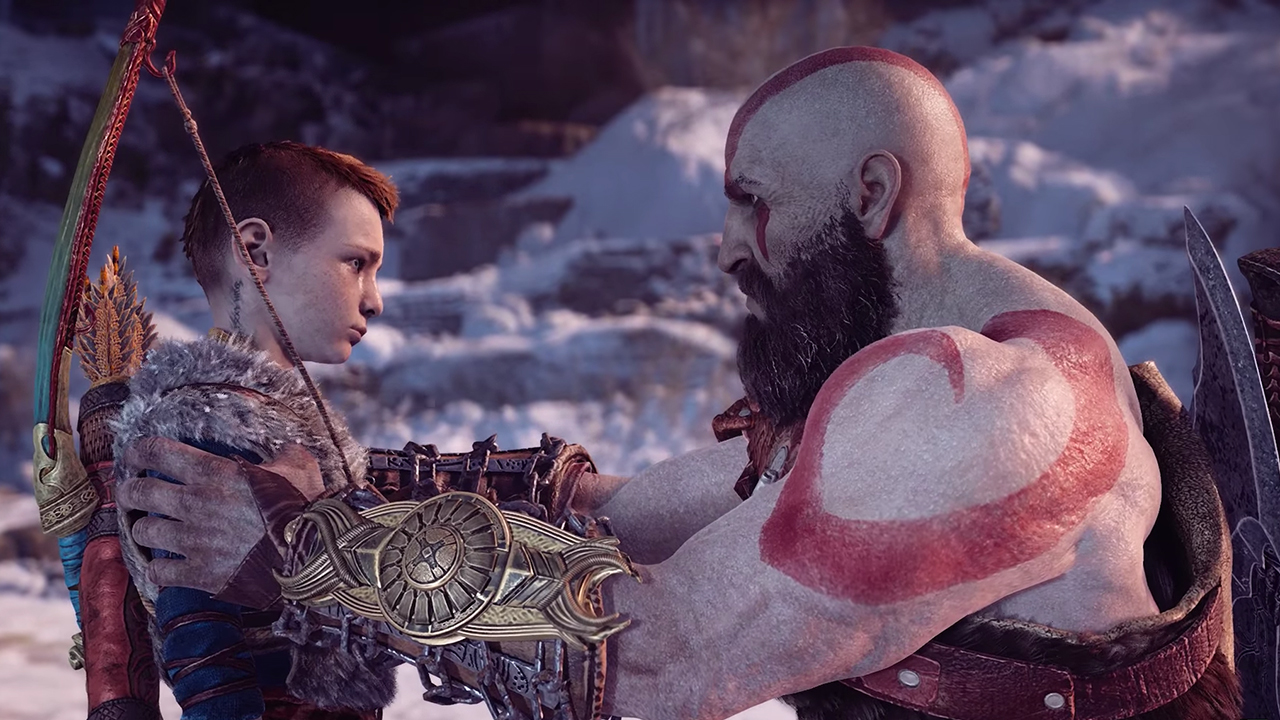
(Image credit: Sony)
Change is possible. This declaration from creative director Cory Barlog became the heartbeat of the Raising Kratos documentary, a feature released five years ago chronicling the making of the God of War reboot. The film, available on YouTube, captures the transformative journey from initial conception through to its memorable E3 reveal, and eventual release in 2018. These words of Barlog resonate deeply as we celebrate the 20th anniversary of the original 2005 God of War.
Prior to the reboot, I was unfamiliar with the series. As a teen, the brutal elements of the early games didn’t appeal to me. However, in 2018, the buzz around Kratos’ return encouraged me to dive into something new. I owe my past self gratitude, as the reboot captivated me entirely. The notion that change is possible encapsulates why this nearly seven-year-old game remains a profound experience.
This idea reflects both in the game’s compelling narrative and its characters, underscoring the achievement of Sony Santa Monica Studio. As Shannon Studstill, the studio’s former co-founder, expressed in the documentary, reviving a series and taking it in a new direction is filled with risk. Kratos, once known for his violent past, is seamlessly recast as a multifaceted father figure, proving that characters can evolve just as dramatically as game series.
In a PlayStation blog, Barlog explained, “we intentionally made him [Kratos] loathed, an antihero. Now we’re trying to make him a character you care about.” This transformation into a relatable, empathetic figure, despite his dark past, is a testament to the team’s prowess. The profound connection I felt with Kratos, his son Atreus, and other characters like Freya, who we encounter in both God of War and God of War Ragnarok, continues to resonate deeply.
The reboot explores redemption, familial bonds, and humanity within a realm rich with Norse mythology. At its core, the game is a tale of a father and son striving to understand one another. Through Atreus, Kratos’ once unyielding world is turned upside down, forcing him to reassess his identity and values. The evolving relationship between father and son, as well as their dynamic encounters with others, leaves an indelible mark.
The characters come alive thanks to stellar performances, bringing depth to each narrative twist. The reboot and its sequel remind us that growth is always attainable, urging players to connect on a deeper human level. In a poignant exchange with Athena, actor Christopher Judge delivers Kratos’ line, “I know,” defying her claim that “you will always be a monster.” Kratos’ journey is the embodiment of Barlog’s statement: change is possible.
For insights into what’s next, check out our selection of upcoming PS5 games.